Clutching overstuffed suitcases, bleary-eyed civilians described a harrowing escape from violence-wracked Sudan across the Red Sea to Saudi Arabia, sobbing at memories of air strikes and urban combat.
Elderly women in wheelchairs and babies asleep in their parents' arms were among nearly 200 people from 14 countries who disembarked from a naval frigate in the coastal city of Jeddah on Monday night after daring -- and draining -- journeys to safety.
"We travelled a long way from Khartoum to Port Sudan. It took us around 10 or 11 hours," said Lebanese national Suhaib Aicha, who has operated a plastics factory in Sudan for more than a decade.
"It took us another 20 hours on this ship from Port Sudan to Jeddah," he told AFP as his young daughter cried on his shoulders.
"There were many difficult moments, all of which involved fear, tension and anxiety," said another Lebanese passenger, a woman who declined to give her name.
"We were not sleeping, eating or drinking. We lived through many difficult days." Fighting broke out in Sudan on April 15 between forces loyal to army chief Abdel Fattah al-Burhan and his deputy turned rival Mohamed Hamdan Daglo, who commands the powerful paramilitary Rapid Support Forces (RSF).
At least 427 people have been killed and more than 3,700 wounded, according to UN agencies, and many are now grappling with acute shortages of water, food, medicines and fuel as well as power and internet blackouts.
Late on Monday, US Secretary of State Antony Blinken said Burhan and Daglo had agreed to a 72-hour ceasefire. Even so, those who reached Saudi soil on Monday said they were grateful to be out of a country where the doctors' union has reported that "morgues are full" and "corpses litter the streets".
Saudi Arabia announced the first successful civilian evacuation from Sudan on Saturday, welcoming 150 people including foreign diplomats and officials in Jeddah.
Earlier on Monday, a C-130 Hercules military plane flew dozens of South Korean civilians, among them a small child and a nun in a white-and-blue habit, to Jeddah's King Abdullah Air Base.
All told, 356 people have been evacuated to the kingdom from Sudan so far -- 101 Saudis and 255 foreigners from more than 20 countries, the official Saudi Press Agency reported.
Saudi state media have provided wall-to-wall coverage of the operation as well as statements of gratitude from countries whose citizens have benefited.
As the naval frigate approached Jeddah port on Monday night, the state-affiliated Al-Ekhbariya channel broadcast images of passengers waving their arms and smiling, while others recorded the scene on their smartphones.
Staring into the camera, a Saudi man waved the green, sword-emblazoned Saudi flag in one hand and his green passport in another, declaring: "This is the strongest passport in the world."
Writing in the private newspaper Okaz, columnist Abdo Khal said Saudi Arabia's relatively speedy organisation of evacuation planes and boats highlighted the kingdom's "international value".
"Definitely this shows an eagerness by the Saudi kingdom to position itself as a central actor in regional crisis situations and to take advantage of the leverage it has over both sides of this conflict," said Umar Karim, an expert on Saudi politics at the University of Birmingham.
But Saudi officials are coming under pressure to do more than facilitate evacuations, given their close ties to the two generals whose troops are fighting it out in and beyond Khartoum.
"Saudi Arabia is a critical player in the ceasefire diplomacy in Sudan," Alan Boswell of the International Crisis Group told AFP. "African and Western governments are looking to Riyadh for help in convincing Sudan's military to give talks a chance."
-AFP




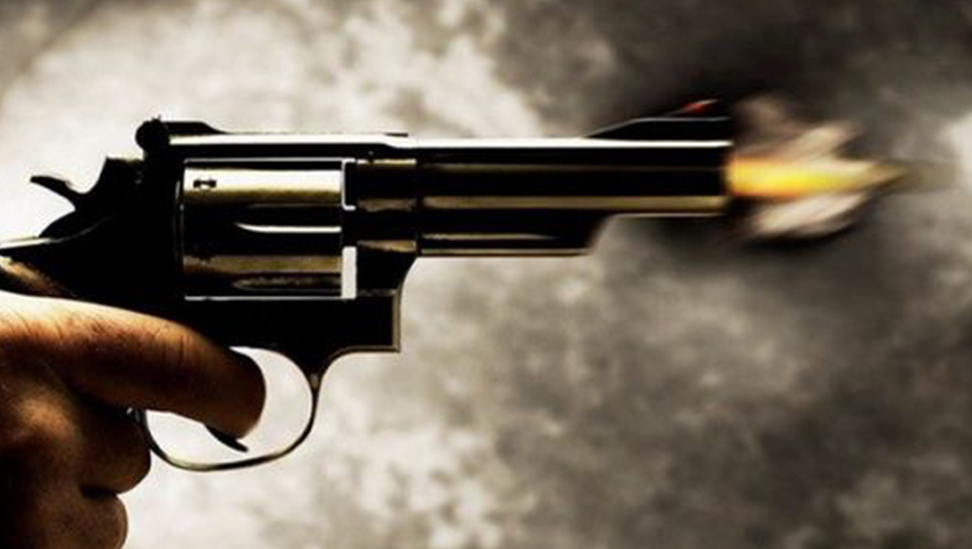

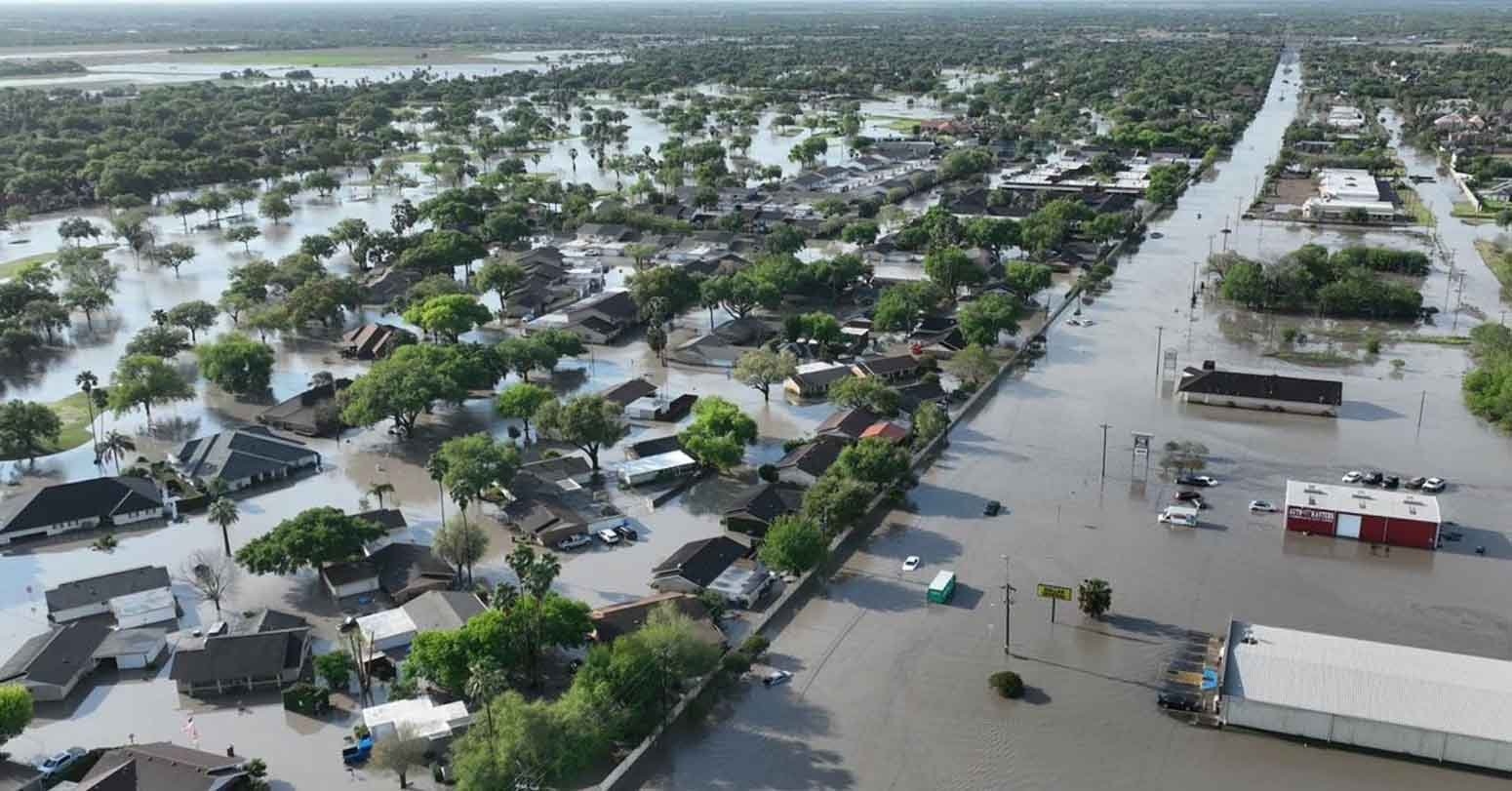
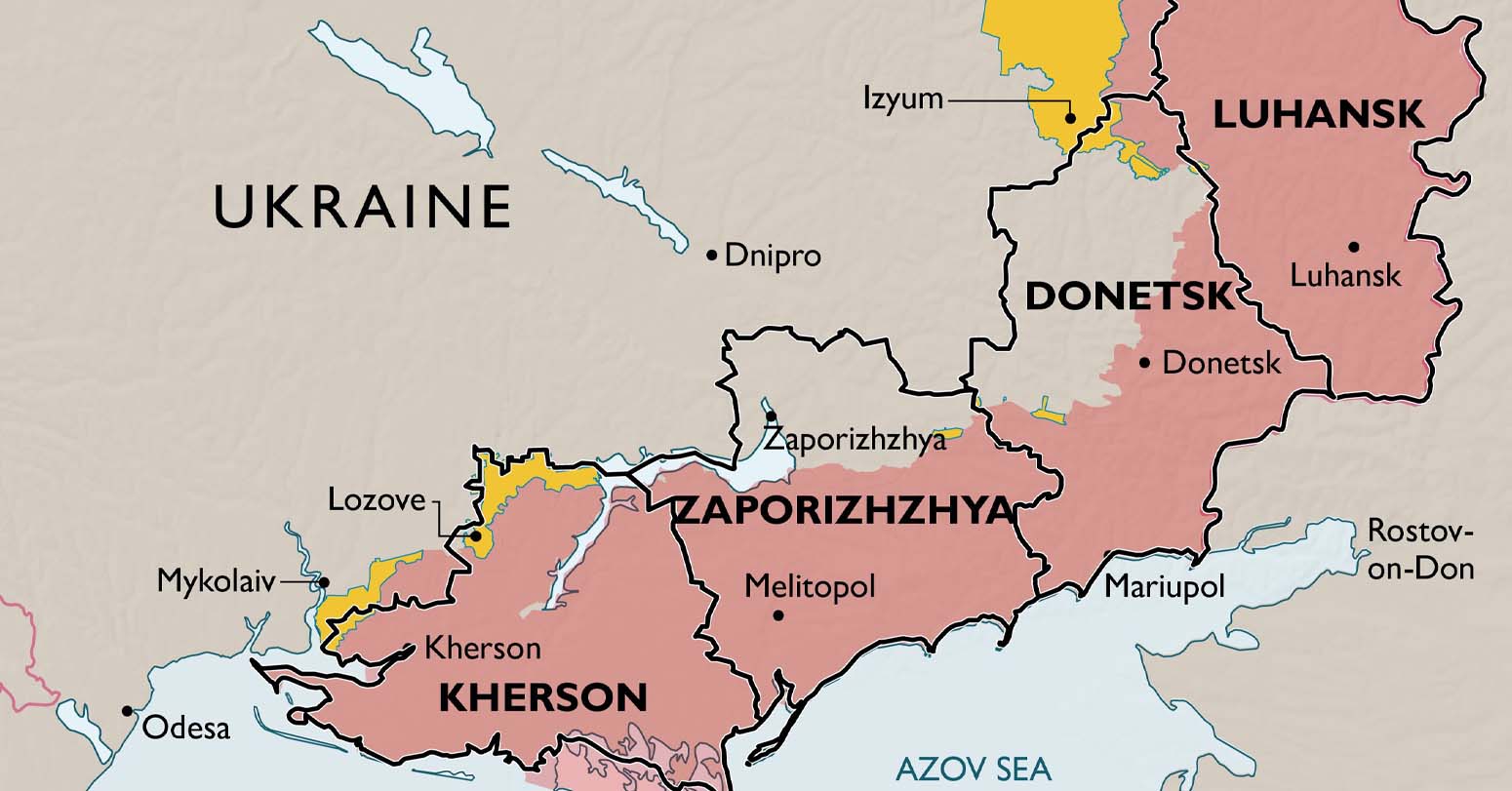
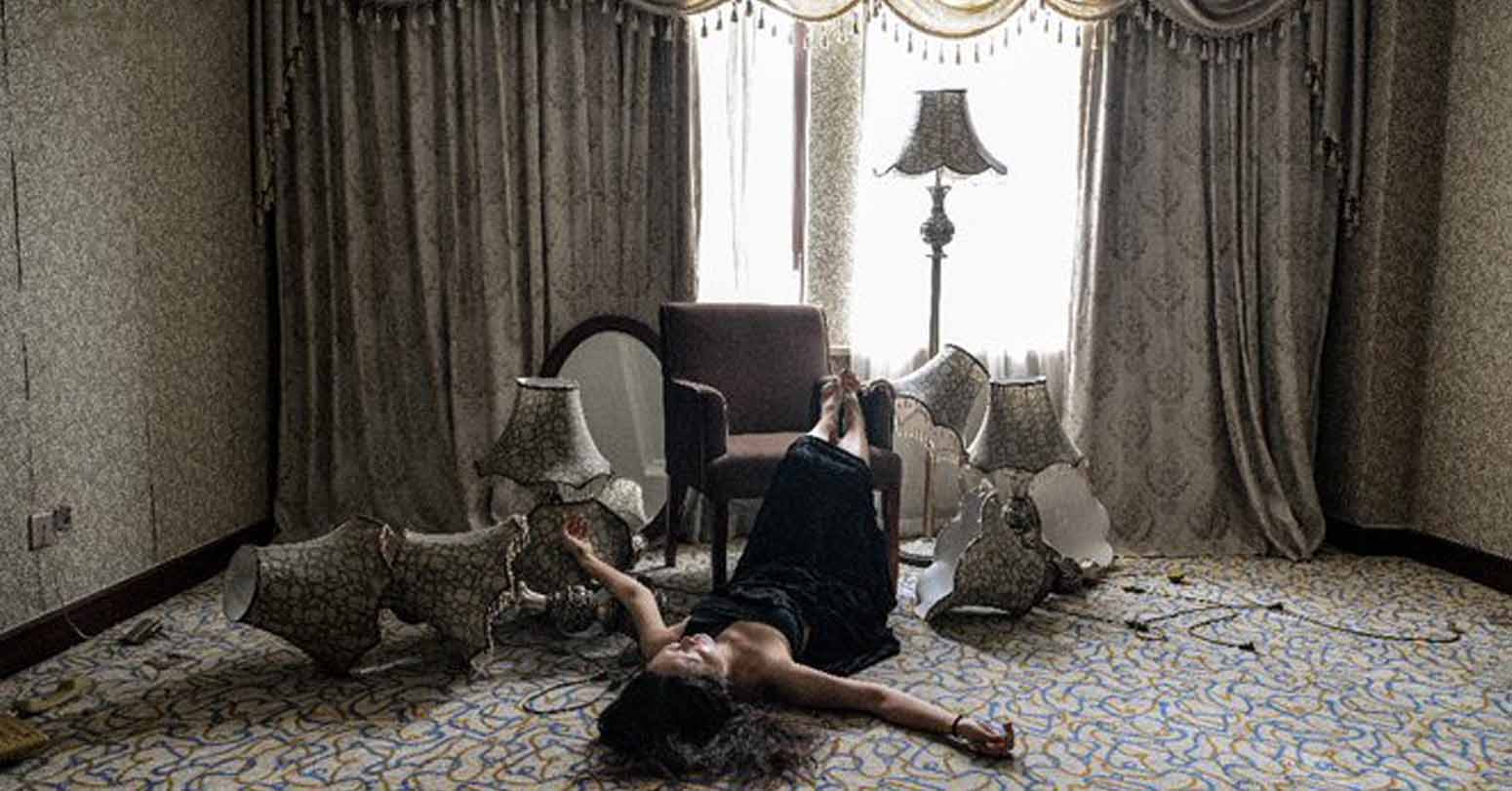

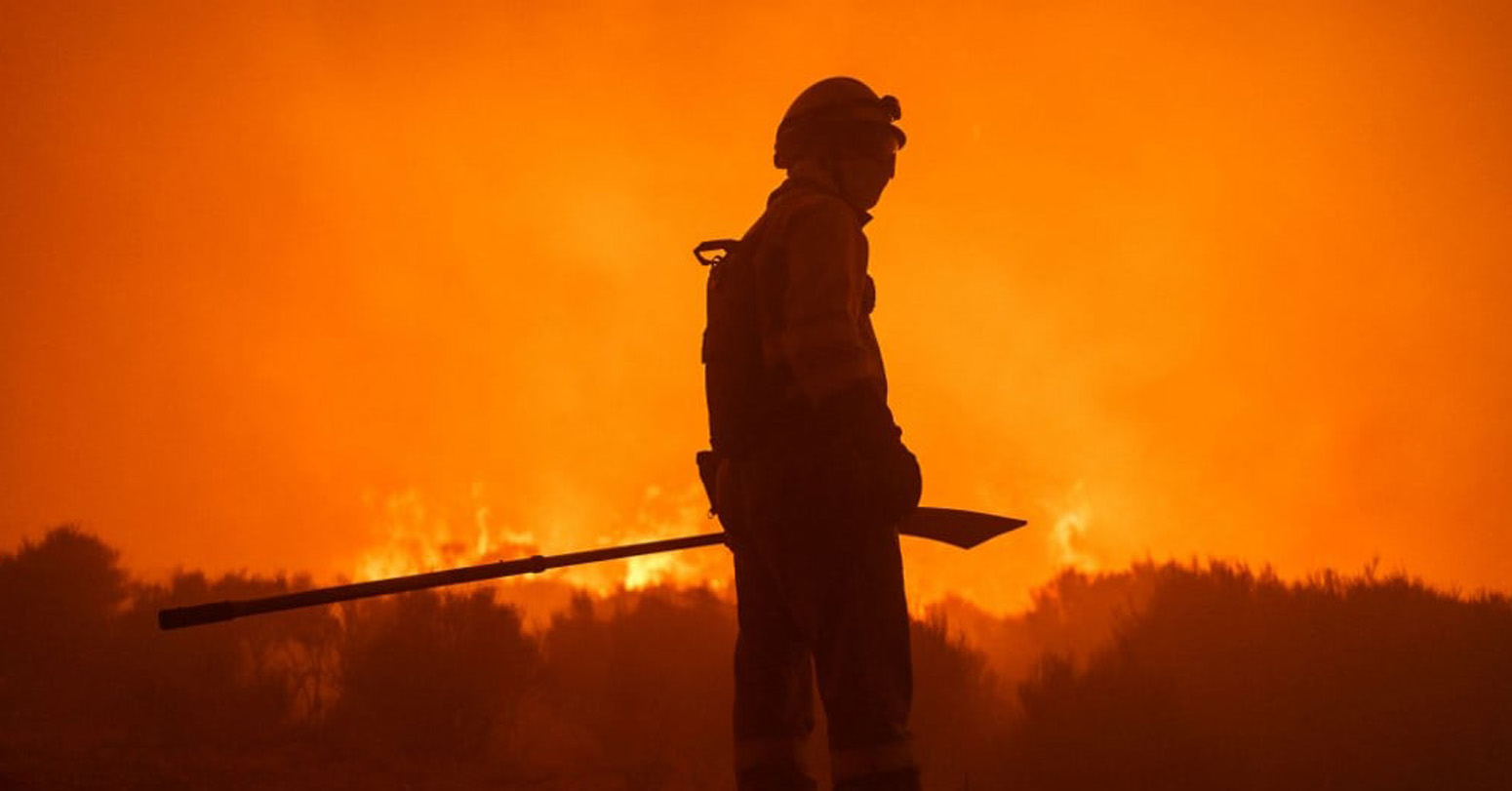

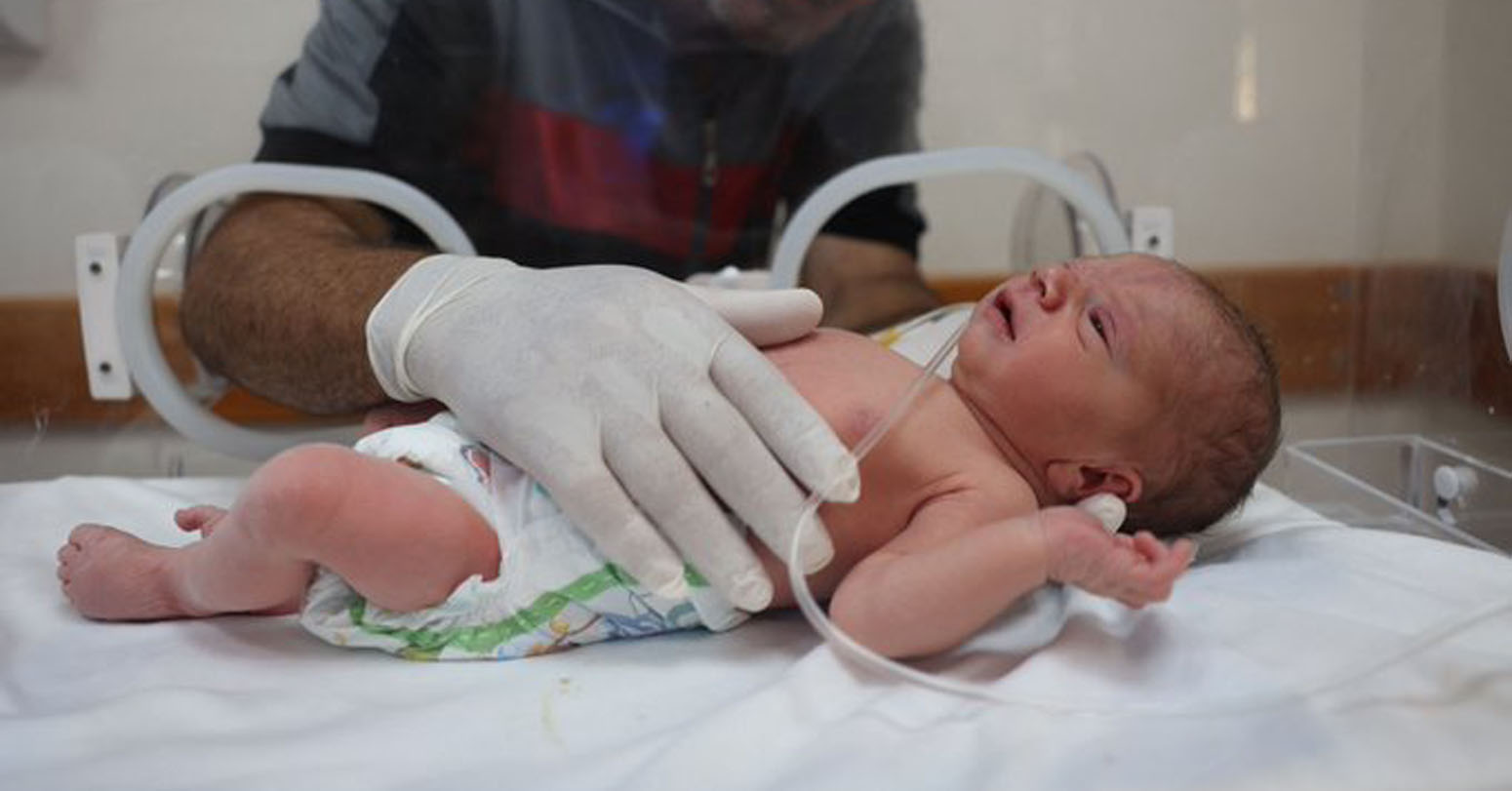


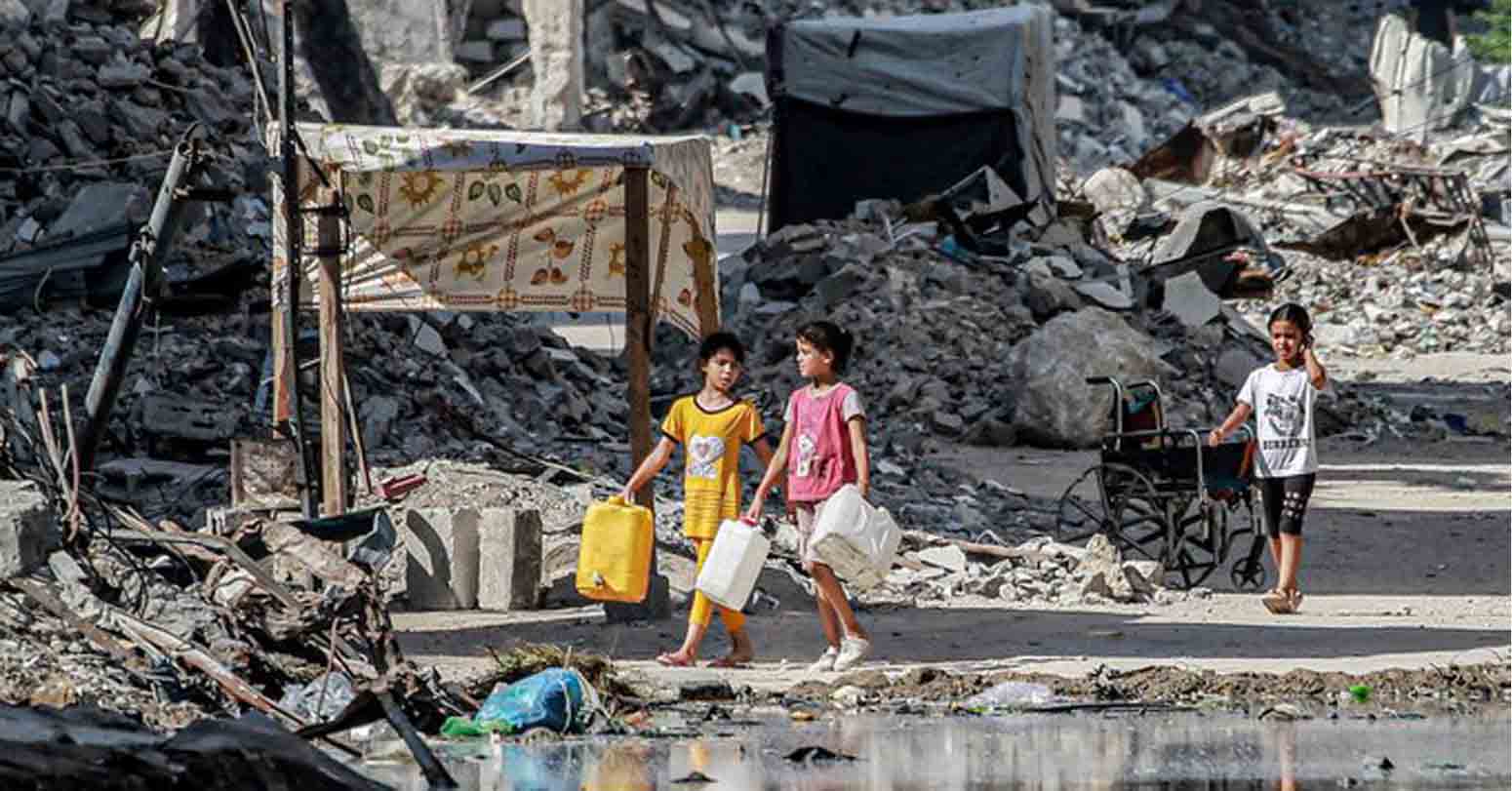
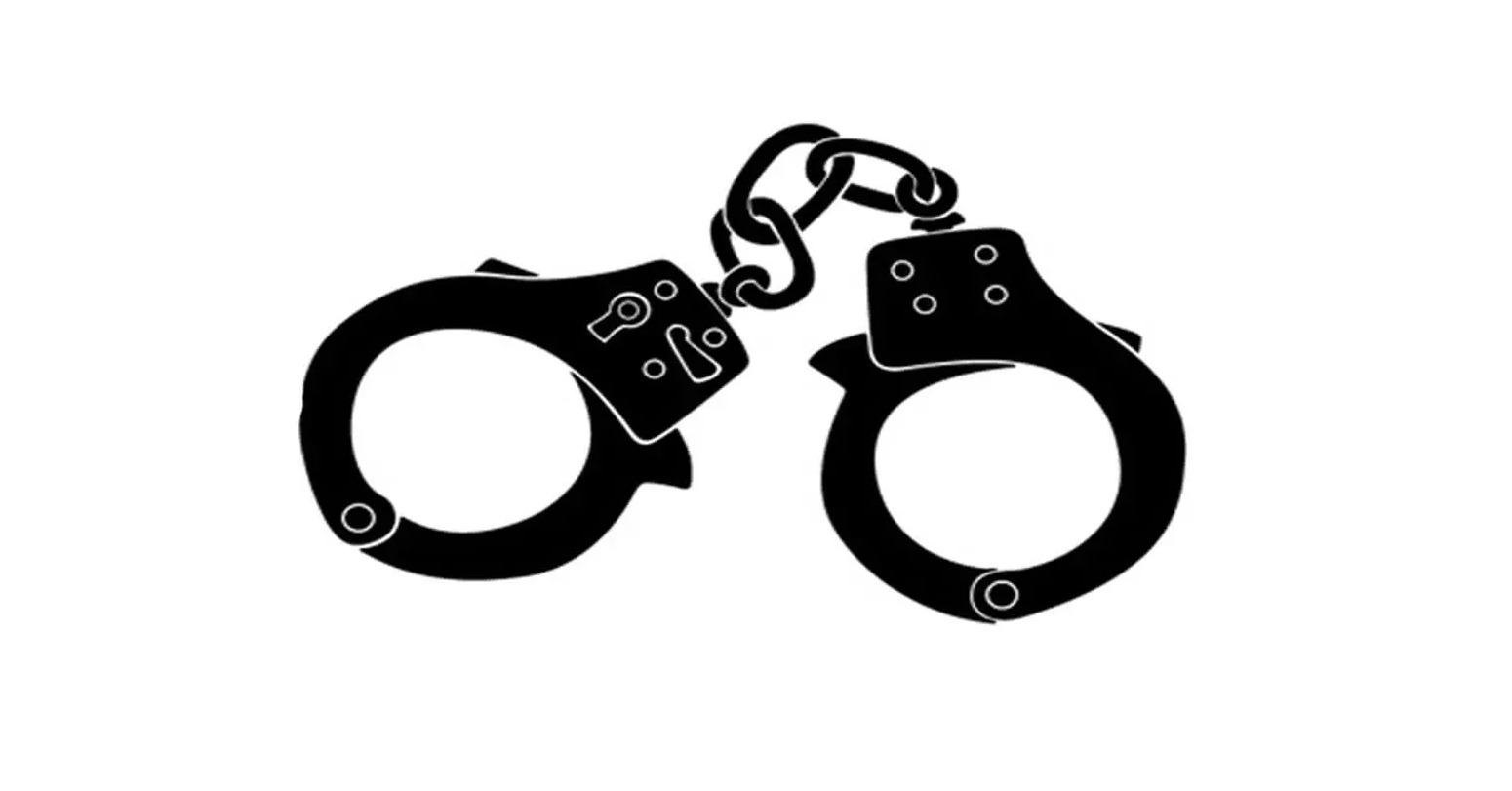
Middle-aged man spends millions to
Dr. Dharam Raj Upadhyay: Man
Breathing The Unbreathable Air
Comprehensive Data Protection Law Critically
Gender Differences In Mental Healthcare
Erosion of Democracy